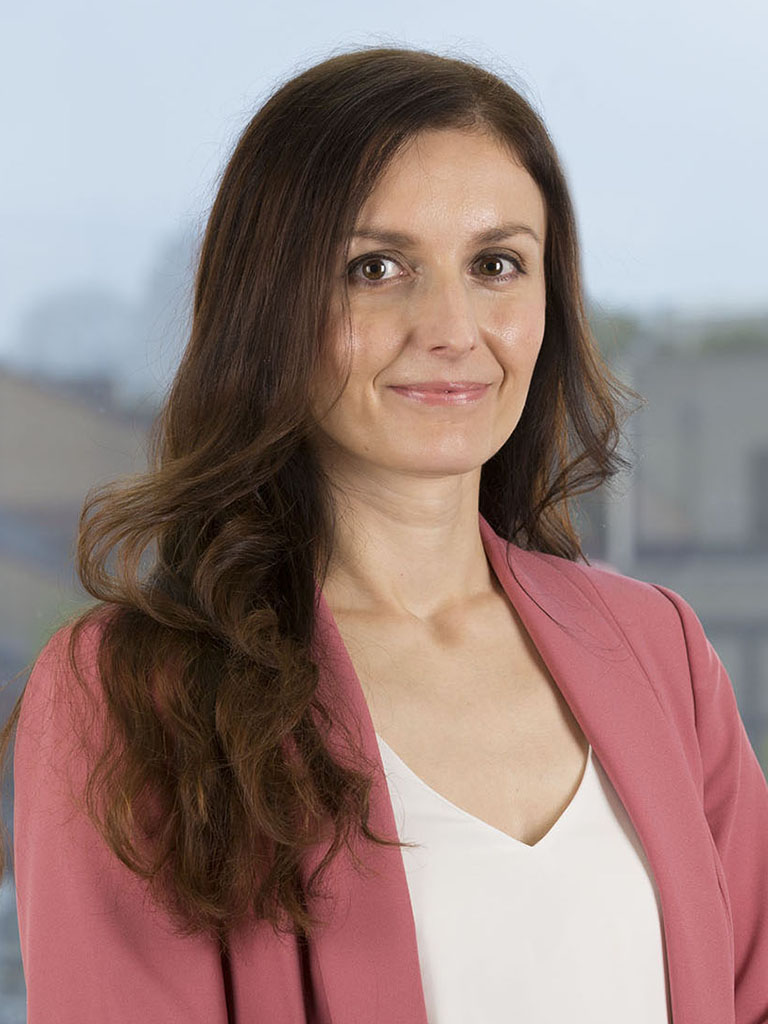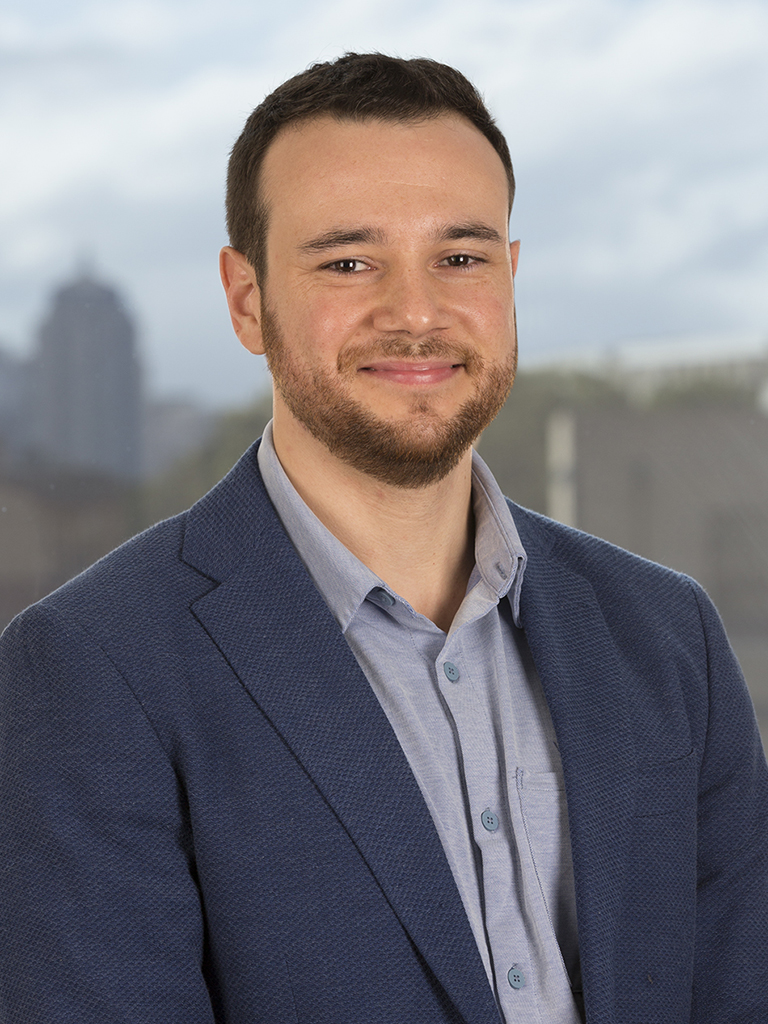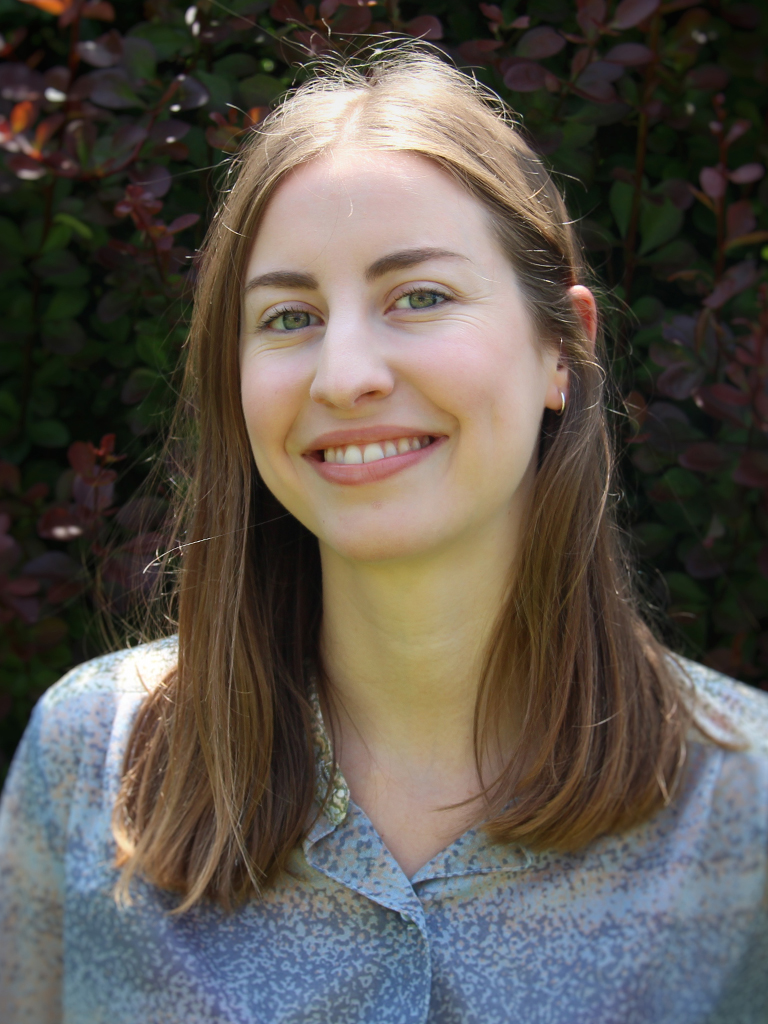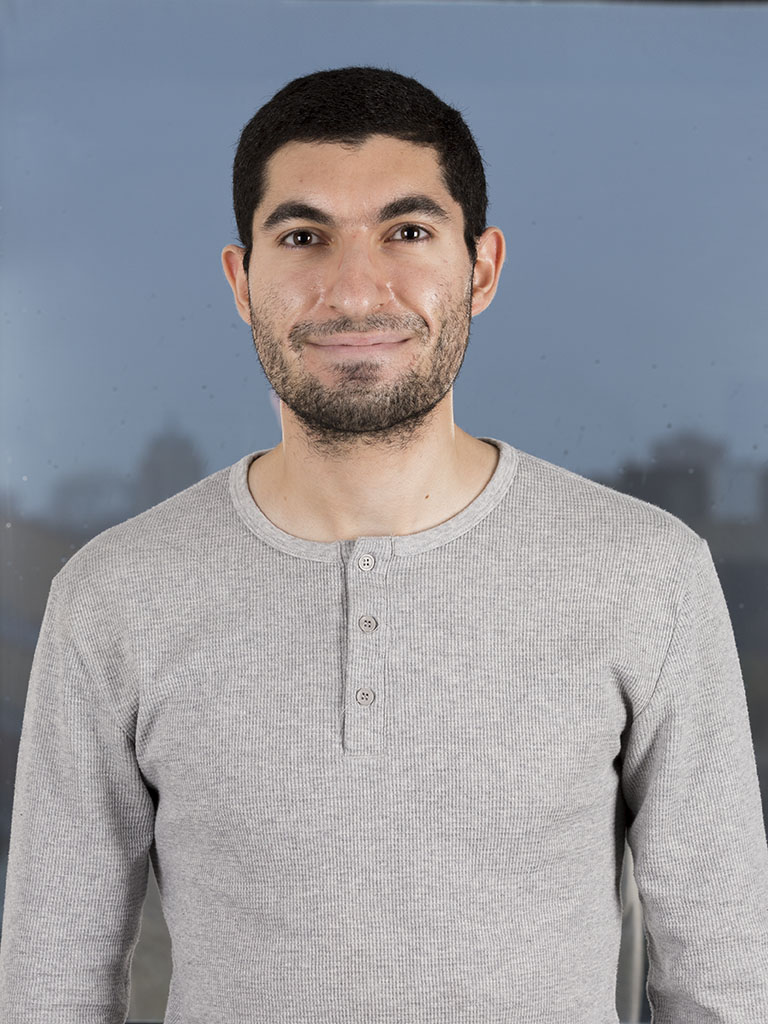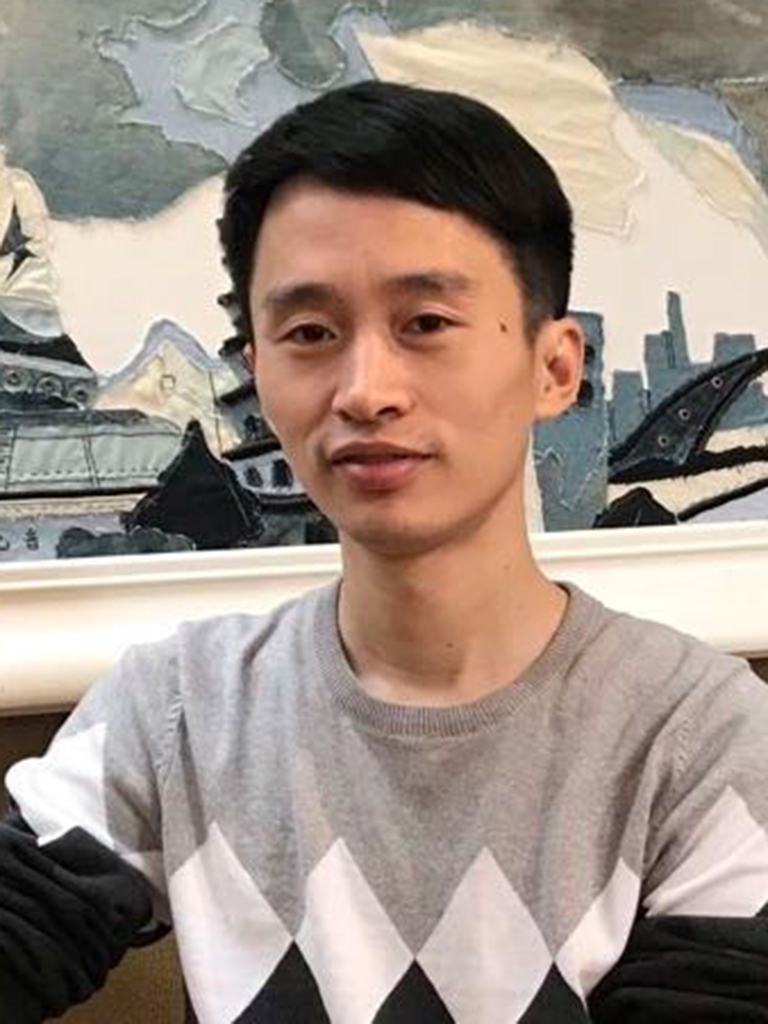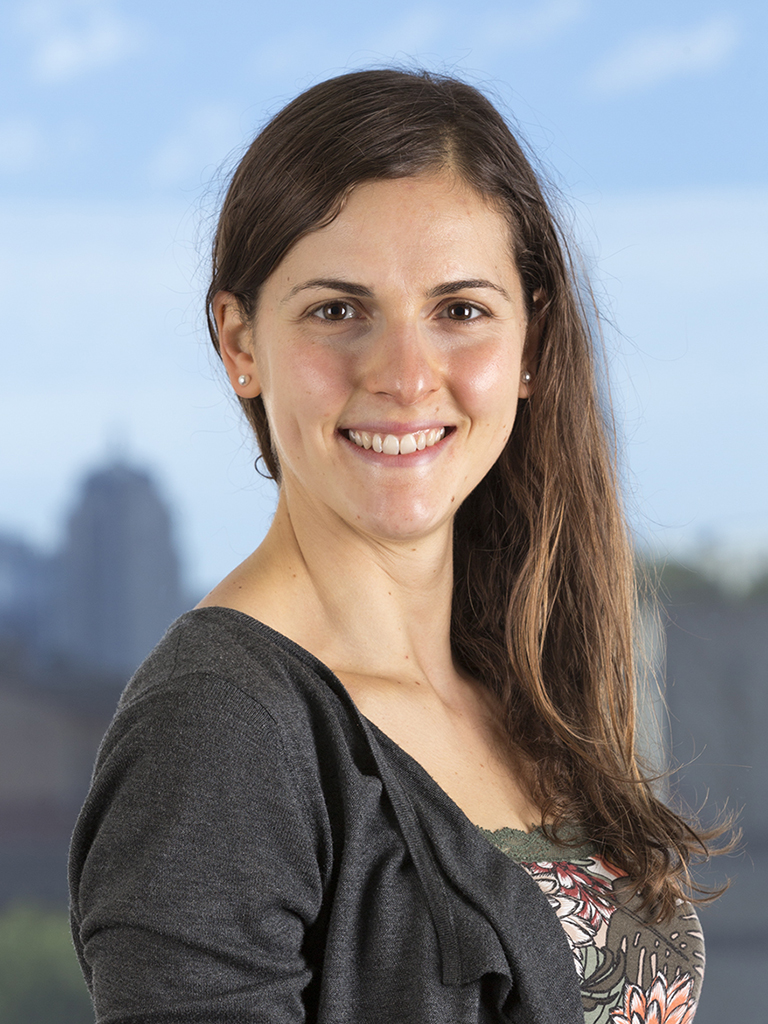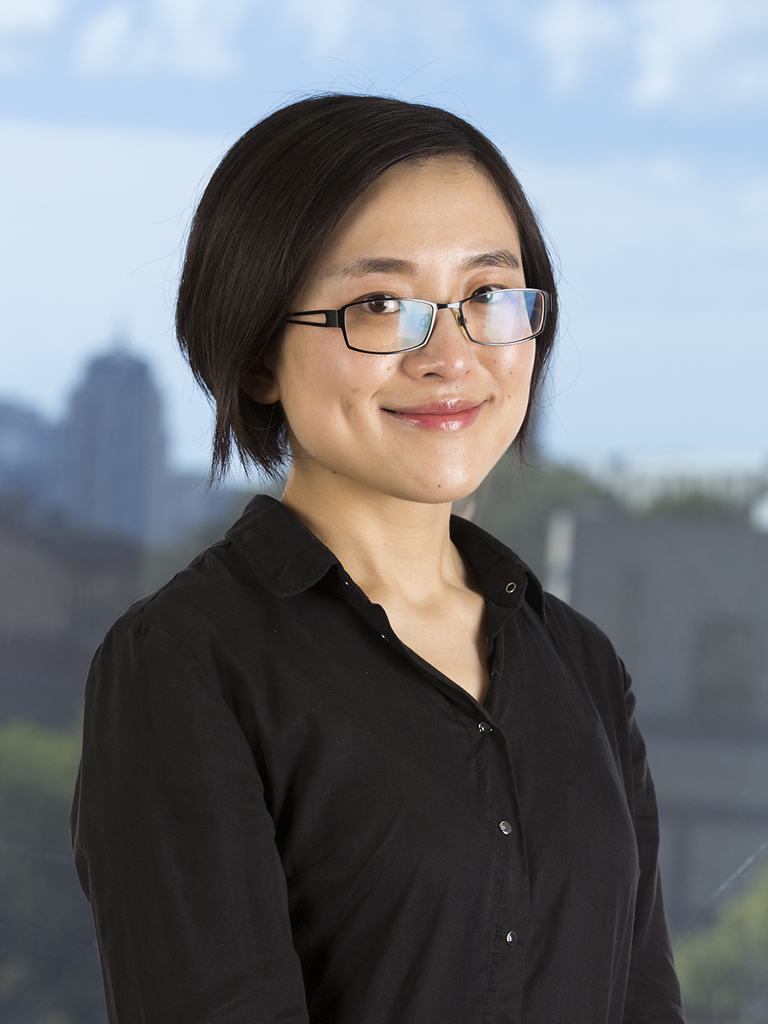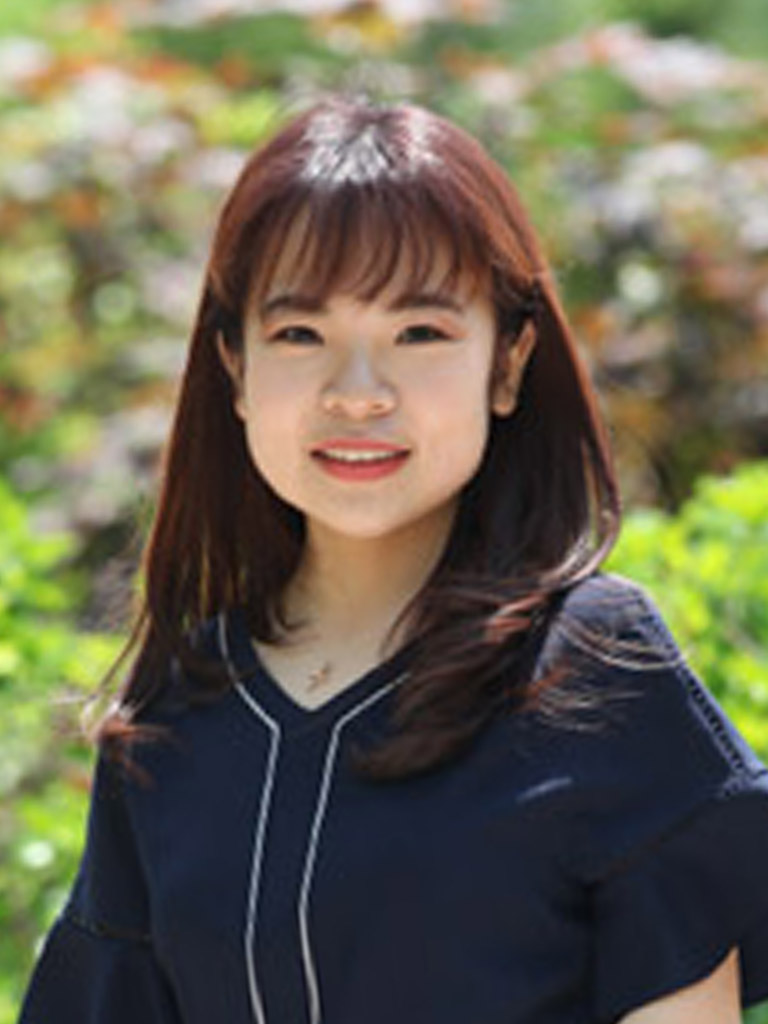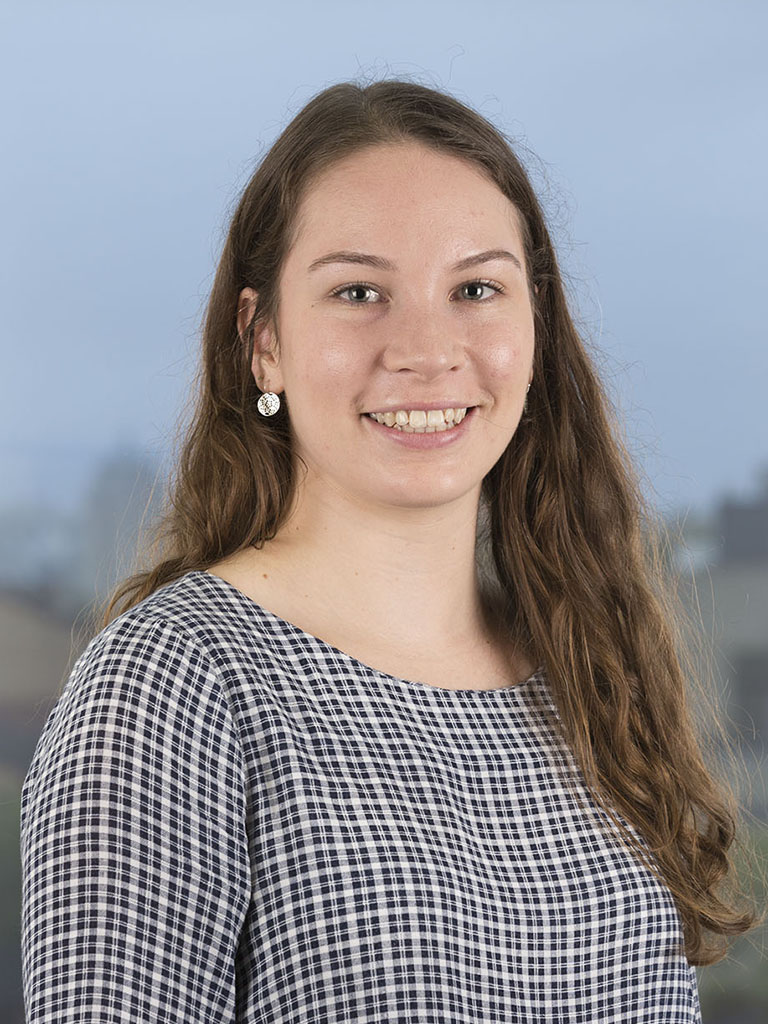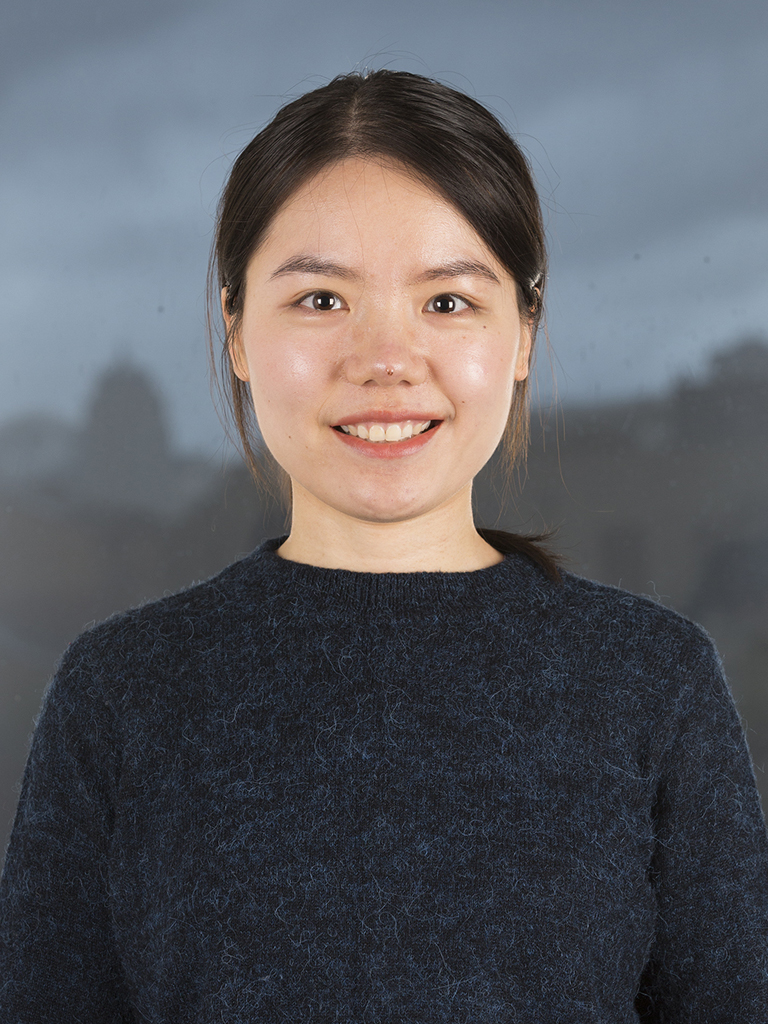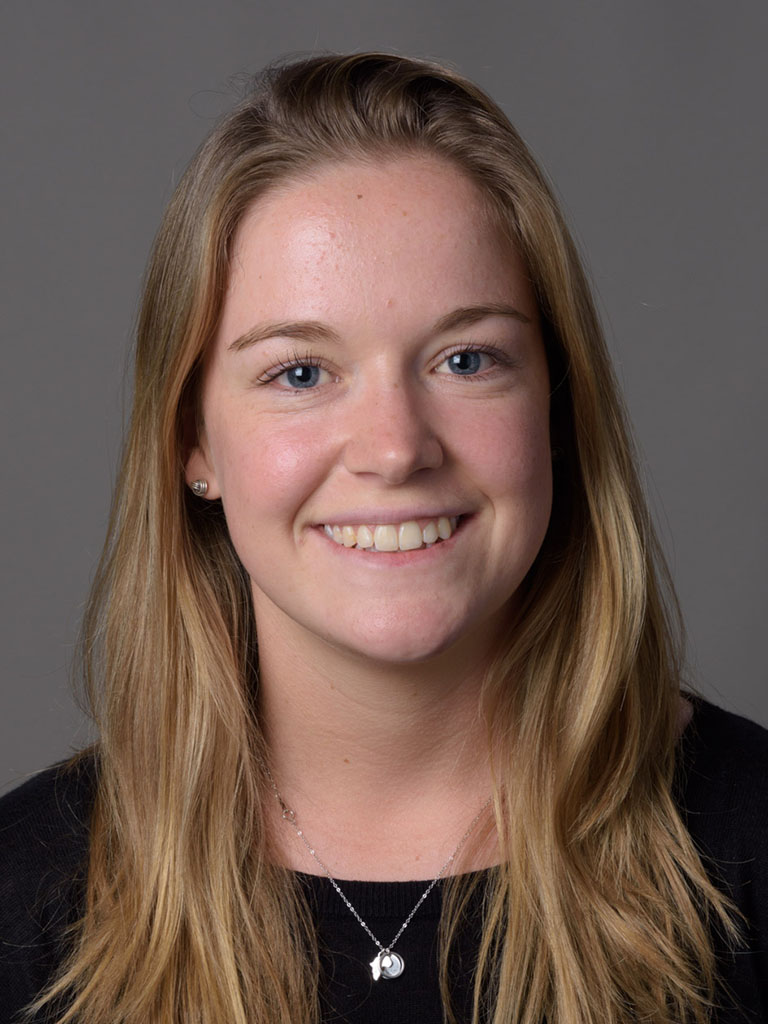One of the most enduring questions in the field of cognitive neuroscience is the matter of how memories are formed. In short, how do we remember the past? Why are our memories so vulnerable in dementia, and how does this impact the individual’s sense of self? Despite significant advances in this field, the underlying mechanisms of human memory remain a topic of vigorous debate and robust empirical research, and represent a question that lies at the heart of understanding what makes us unique as individuals.
The Memory and Imagination in Neurological Disorders team (MIND), based at the Brain and Mind Centre, aims to tackle these questions by studying how memory and related processes break down in younger-onset dementias. Over the last 5 years, we have demonstrated that memory is differentially affected across the frontotemporal lobar degeneration spectrum, reflecting the breakdown of different neurocognitive mechanisms. Our work further reveals that the capacity to imagine the future, to engage in creative cognition, and to mind wander or daydream, is markedly affected in dementia syndromes. We are building on these findings to understand how alterations in large-scale brain networks disrupts a range of uniquely human functions and how this impacts the sense of self and wellbeing in the affected individual.
